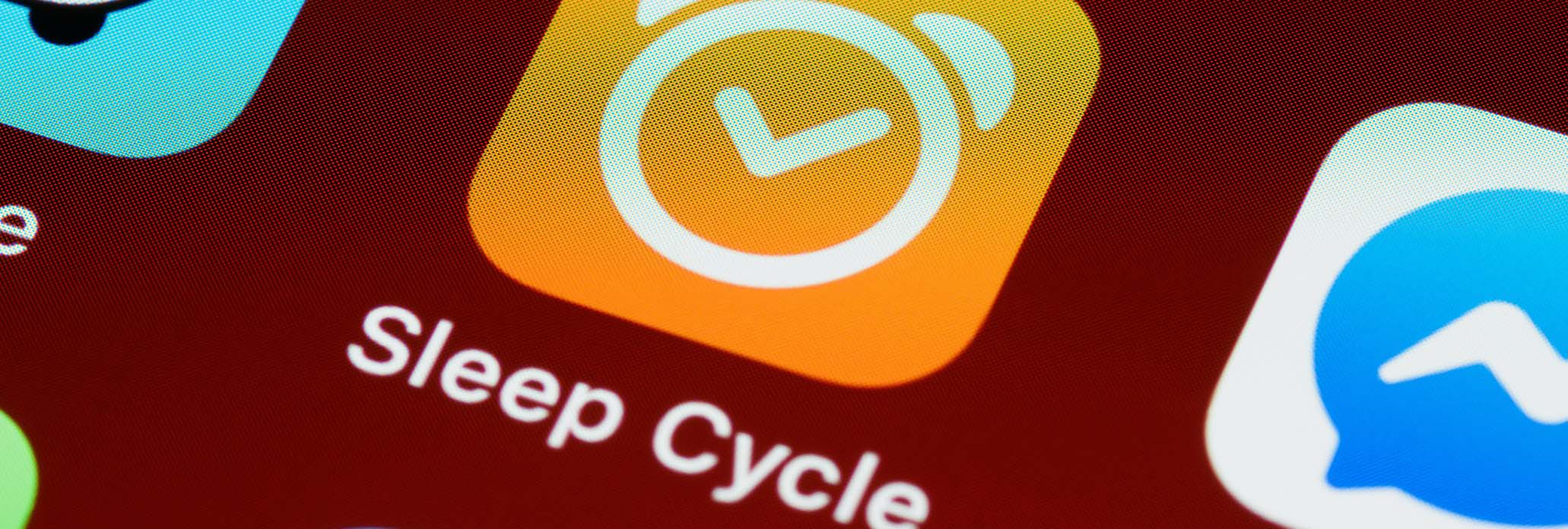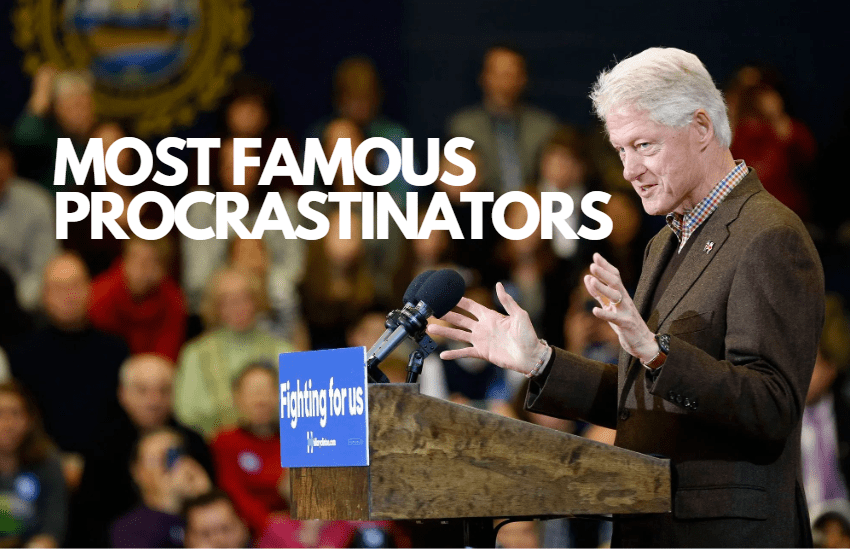Procrastinating on Your Sleep
If you stay up too late and lose out on sleep, you aren’t alone. Individuals between the ages of 18 and 64 need somewhere from seven to nine hours of sleep per night, but according to the CDC, a third of US adults don’t get enough. Of course, there are various possible causes of lack of sleep, such as working late hours. Procrastination is another potential cause.
It may sound strange, but it’s not at all uncommon to procrastinate on your sleep. Why does it happen, and what can you do about it? We’re here to tell you how to stop the cycle, as well as what to do if you need more help.
Why do I procrastinate on sleep?
Do you feel that you’re too busy to do the things you enjoy, or even just to unwind? Do you stay up late to compensate for it, whether to spend time on hobbies or relaxation activities? Maybe, you notice that you scroll through social media for hours at night or stay up to watch movies, play games, or text friends because you simply don’t have time during the day. This phenomenon actually has a name; revenge sleep procrastination.
As a result of these habits, or anything else that causes you to avoid going to bed, you lose out on sleep. This can be more dangerous than most people think. Let’s go over the effects of sleep deprivation, and then, we’ll discuss how to break the habit so that you can get the rest you need and stop procrastinating on your sleep.
Effects of lack of sleep
Likely, you already know that too little sleep will leave you tired the next day. Outside of the anticipated daytime tiredness, however, there’s a slew of negative consequences that can come with a lack of sleep.
Possible same-day or short-term effects of lack of sleep can include irritability, trouble with concentration, focus, or productivity, and an increased risk of getting into a car accident. If you don’t get enough sleep on a regular basis, you are at risk of the long-term effects of sleep deprivation. Effects of ongoing sleep deprivation include but aren’t limited to a higher risk of dementia, cardiovascular disease, chronic pain, diabetes, and even early mortality.
Sleep deprivation can also increase the risk of both depression and anxiety symptoms. The connection between lack of sleep and mental health concerns like depression and anxiety act as somewhat of a vicious cycle since both of these things can also contribute to trouble sleeping.
You want to avoid the negative health effects associated with sleep deprivation. So, what can you do?
How to break the sleep procrastination habit
Here are some ways to stop procrastinating on your sleep.
Identify the cause of sleep procrastination
Identify why you procrastinate on your sleep. It certainly could be revenge sleep procrastination if you stay up to wind down, but it could also be that you avoid work and household tasks during the day and stay up late to get them done, or it could be that you have trouble falling asleep when you do lie down due to stress, nervousness, or racing thoughts. Identifying why you personally procrastinate on or struggle with sleep in general is often the first step to addressing the root of the problem.
Create a supportive day and nighttime routine
To the extent that you can, you want to reduce unnecessary life stress. Time management can help with this. Think of your obligations (e.g., work, appointments, household chores, picking your kids up from school) and make a realistic schedule for yourself that fits them into your day.
Surrounding those obligations, set yourself up for success by making time for things you enjoy during the week. For example, you might set aside an hour at a specific time (e.g., 7 PM-8 PM) for movies, games, or TV if you find that you overdo it at night and want to stop.
A nighttime routine is also an excellent way to help you get the sleep you need. If you’re mindful of when exactly you should get ready for bed, it might be harder for the goal to slip away. Especially if relaxation is tough, soothing activities like meditation and reading can be a helpful part of your “before bed” routine.
Break large tasks into smaller ones when you’re overwhelmed, and remember that you don’t have to be perfect. It’s fine if your bedtime routine is minimal and isn’t the intricate bedtime routine you see on social media. The goal is to create a life that’s sustainable for you as a unique person.
Use expert-recommended sleep hygiene tips
Sleep hygiene tips can help you set yourself up for success. Here are some expert-recommended tips for sleep hygiene to implement:
- Try to wake up at around the same time each morning and go to bed at around the same time every night.
- Keep the room where you sleep cool and dark at night. This lets the body know that it’s time to sleep.
- Avoid substances like caffeine and alcohol, especially later in the day.
- Power off electronic devices at least thirty minutes before bed.
- If you can’t fall asleep, get up for roughly ten minutes and engage in a soothing activity (e.g., breathing exercises or reading).
What if you need more help?
If you think that you might have a condition that prevents you from getting enough sleep, like insomnia, talk with your doctor or another trusted healthcare professional. Forms of therapy like cognitive behavioral therapy for insomnia (CBT-I) can be beneficial for those who struggle to get enough sleep due to insomnia, as can other forms of treatment.
Similarly, if you’re one of the many people out there who notice that procrastination plays a role in lack of sleep, it’s possible to beat it, even from the privacy of your own home. You can use Virtue Map to stop procrastinating and get healthy sleep or to meet other goals.
How Virtue Map can help
If you want to stop procrastinating and need more help, know that it’s possible. Virtue Map can help you understand why you procrastinate, stop procrastination in its tracks, and meet your goals in as little as five minutes per day. Virtue Map uses behavior therapy techniques, and our plans are designed by psychologists, as well as other professionals. Start by taking our quiz, and then, you’ll get a customized plan. Click here to go to our homepage, or read our reviews and testimonials to learn more.




